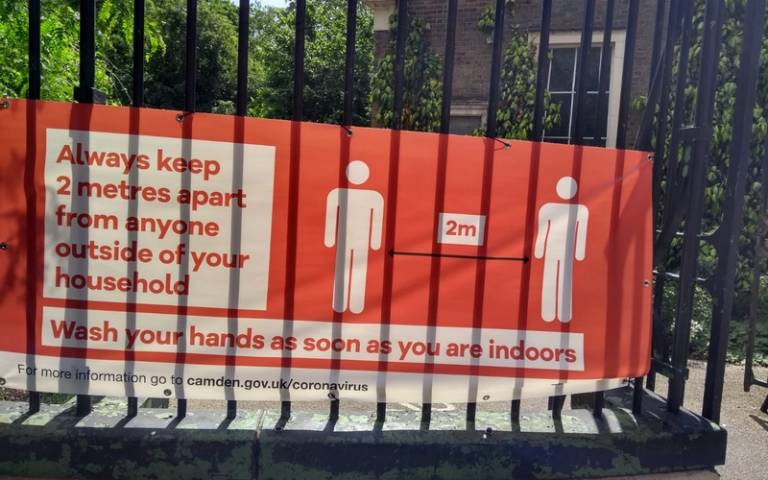If there is one thing we are learning from the Covid crisis…
Piet Hein’s poetic wisdom on resilience.

1 August 2020
Covid 19 is not the only global emergency. When we come out of it as we will, many of our actions as individuals, institutions or states will have affected the and equally vital climate emergency. We may still have a chance – just – to avert disaster, reduce inequalities and save lives with cleaner air and sustainable practices.
And if it feels futile to turn our attention to the other emergency while pre-occupied with this one, the physicist and poet, Piet Hein has poetic encouragement. When the Nazis occupied Denmark, Hein’s choices were to do nothing, flee to neutral Sweden or to join the resistance. He joined the resistance. With his pen his weapon, his subversive poetry was published in a newspaper urging fellow Danes not to throw in the towel when things look bad.
Losing one glove is certainly painful,
But nothing
Compared to the pain,
Of losing one,
Throwing away the other,
And finding
The first one again.
> more on Piet Hein, universalist, artist & scientist
The physician scientist Stephen Holgate reminds us that the air we breathe carries danger as well as life. In December 1952, London’s air pollution was leading to lung disease and death. The danger was recognised, the Clean Air Acts followed, and reduced fossil fuel emissions with dramatic effect.
The climate emergency, like the situation that Hein faced, carries an offer to flee (head in the sand), to feel that nothing can done (hopelessness) or to do something. That said, bringing about institutional and policy change is trickier than it looks. While few now deny the need for action on sustainability, how do individuals and institutions balance one ‘good’ such as new hospitals or travel for global citizenship against another such as improved air quality and a reduction in respiratory disease?
Academics, clinicians and policy makers frequently make recommendations for others, but what happens when we or our institutions need to be the change? For the last few months, a group of researchers, students, young people, clinicians and local citizens along with the hospital’s sustainability lead have been using Great Ormond Street Hospital for Children’s Clean Air framework – a global first – as a case study for engagement around sustainability. With colleagues in Laws, the Bartlett school of planning at UCL and the university’s sustainability lead, we are exploring how the lay and specialist knowledge of stakeholders – whether scientists, clinicians, or local citizens – can drive research, feed into policy and bring about evidence-informed sustainability at a local level. All bring what they know to the table to identify priorities for action using the Clean Air framework.
The democratisation of science, however desirable, brings challenges, but COVID-19 has afforded an unprecedented opportunity to view the world as it could be when air pollution is reduced. Striking photographs have emerged of the recovery of geographical features across the world – reductions which can allow the public to reap a wide range of physical and mental health benefits.
Rather than shouting from the outside ‘let us in, let us in’ we are pushing on a door that is ajar. There is a growing awareness that unless we make the best use of all available data, including lay knowledge, many policies and practices will fail. One more report thudding onto the desk of policy makers is not the way to get their attention. If there is one thing we are learning from the Covid crisis, it is that we can all make a difference.
Written by Helen Roberts and Roz Shafran
> view the Clean Air Community team
 Close
Close

